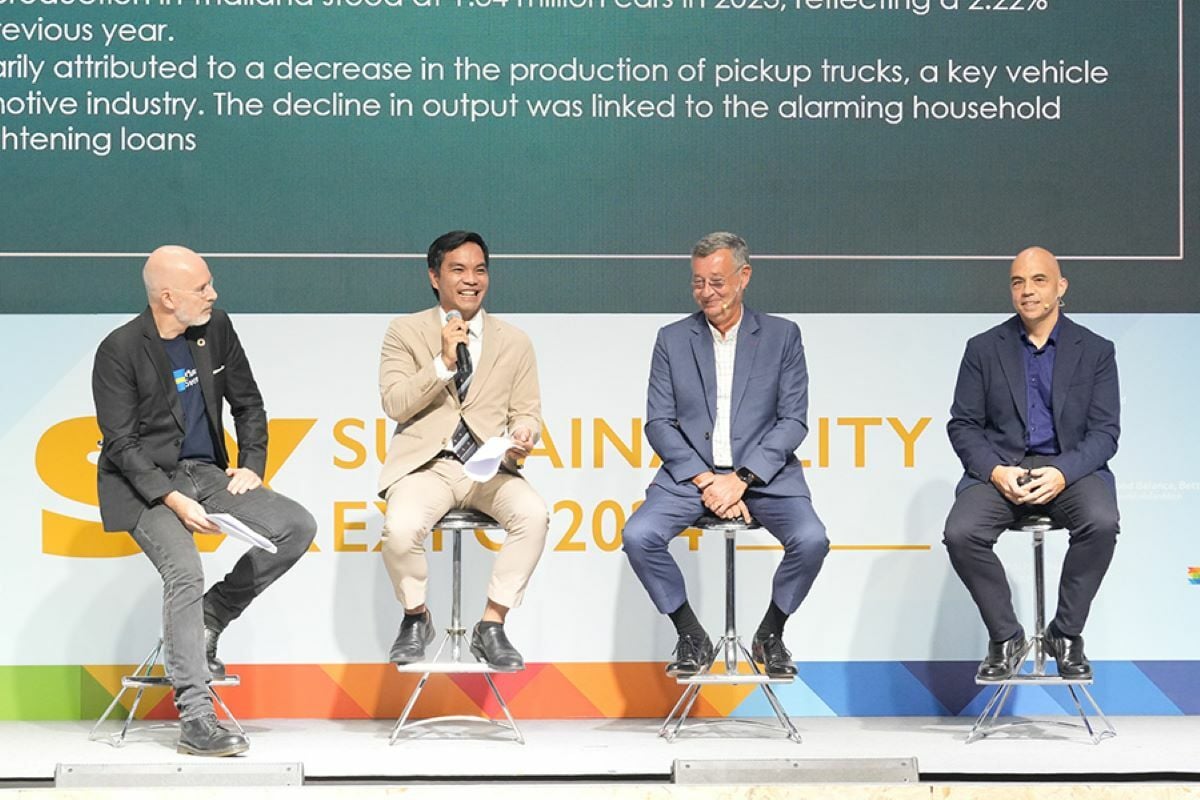Thailand gets into gear as US-China tensions boost its economy

As the United States and China continue their economic tug-of-war, Thailand has ultimately emerged as an unexpected beneficiary on the global stage. The Southeast Asian nation is poised to become a formidable player in the electric vehicle (EV) industry, a development that could reshape the automotive landscape in the region and beyond.
This revelation came to light during the 4th Sweden-Thailand Sustainable Development Forum, a cornerstone event of the Sustainability Expo 2024 held in Bangkok. The forum, which ran from late September to early October, brought together a diverse array of experts and diplomats to tackle pressing environmental challenges.
The expo’s theme, Good Balance, Better World, underscored a crucial message: sustainability and profitability need not be mutually exclusive.
The ongoing trade tensions between the world’s economic titans have inadvertently opened a window of opportunity for Thailand and its neighbours. Industry insiders, including Volvo Car Thailand’s Managing Director Chris Wailes and Siamnat Panassorn from the Electric Vehicle Association of Thailand, view these geopolitical hurdles as potential stepping stones for the Thai EV sector.
Thailand’s existing automotive prowess provides a solid foundation for this potential pivot. With a robust network of 2,500 parts suppliers and a workforce of 800,000 strong, the country is well-positioned to make its mark in the EV arena. However, Panassorn advocates for additional government incentives to fully realise Thailand’s potential as an EV export hub.
While the future looks bright for EVs, experts at the forum emphasised that widespread adoption hinges on advancements in battery technology and charging infrastructure. The tipping point, they predict, will come when EVs achieve price parity with traditional vehicles and can offer a range of 1,000 kilometres on a single charge.
Spanner in the works
Despite the EV sector’s promise, Thailand’s overall automobile production saw a slight dip in 2023. The 2.2% decrease, largely attributed to reduced pickup truck production, serves as a reminder of the challenges facing the industry, including rising household debt and stricter lending policies.
As the world intensifies its efforts to combat climate change, Thailand’s potential transformation into an EV manufacturing powerhouse could mark a significant milestone. This shift not only promises economic benefits but also aligns with global sustainability goals, potentially positioning Thailand at the forefront of the green automotive revolution.
KhaoSod considers the coming years to be crucial in determining whether Thailand can successfully navigate this transition, balancing economic aspirations with environmental responsibilities. As the global automotive industry stands at a crossroads, all eyes are on Thailand to see if it can seize this golden opportunity and emerge as a leader in the EV era.
Latest Thailand News
Follow The Thaiger on Google News:


























